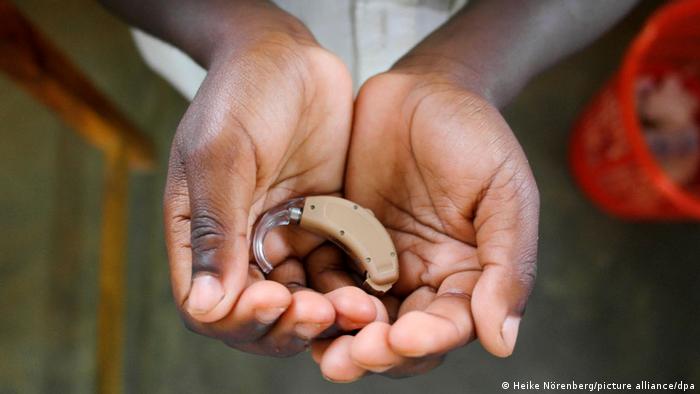NURSES in England will strike on January 18 and 19, it has been announced.
It comes amid a continued pay dispute with the UK Government.
Unless negotiations are opened, nurses will once again take to the picket line, the Royal College of Nursing (RCN) today said.
Northern Ireland and Wales will be exempt from the latest wave, the RCN added.
General Secretary Pat Cullen said: “The Government had the opportunity to end this dispute before Christmas but instead they have chosen to push nursing staff out into the cold again in January.”;;
Cullen added: “The public support has been heart-warming and I am more convinced than ever that this is the right thing to do for patients and the future of the NHS.
“Staff shortages and low pay make patient care unsafe – the sooner ministers come to the negotiating table, the sooner this can be resolved. I will not dig in, if they don’t dig in.”;;
On Tuesday, nurses took to the streets after they were offered just a 4.75 per cent pay rise – well below what was asked for.
It marked the second day of strike action in a month for nurses, after they said many were struggling amid the cost of living crisis.
It was last night announced that ambulance workers would also strike again next year.
Ambulance staff in Unison will stage two further strikes on January 11 and 23 in the dispute over pay and staffing, the union announced.
However, a planned strike by ambulance workers in the GMB on December 28 has been suspended, the union announced.
National Secretary Rachel Harrison said: “We know the public will appreciate being able to enjoy Christmas without any additional anxiety.
“They support us and we support them. The workforce crisis in our NHS is so severe and our commitment to getting ambulance staff the proper pay they deserve is stronger than ever, so we are scheduling a further date for action on 11th January 2023.”;;
The Prime Minister today said he was ‘sad’ about the strike action.
Rishi Sunak insisted that refusing to negotiate on public sector pay is the “right thing”;; in the long term.
He defended the Government today as acting “fairly and reasonably”;;, but insisted he cannot budge or risk stoking inflation.
He added: “I want to make sure we reduce inflation, part of that is being responsible when it comes to setting public sector pay,”;; he added.
“In the long term it’s the right thing for the whole country that we beat inflation.”;;
Asked about a possible one off payment to nurses, he said: “Our door is always open... there are lots of things people have raised as things that might make a difference, we’d be happy to talk about all those things.”;;
Nurses staged walkouts on December 15 and Tuesday.
During the strikes this week, Lucy Savage, who qualified as a nurse in September said workers need ‘more money and more staff’.
While standing outside Aintree Hospital in Liverpool, the 21-year-old added: “We need patient safety. We’re overworked and underpaid, the NHS is just a shambles.
“There have been I don’t know how many times in the past four weeks when I’ve gone home saying to my mum ‘I’m not being a nurse for the rest of my life if this is the way it’s going to carry on.”;;
This is while ambulance workers in England and Wales followed suit on Wednesday.
Figures for last week show that one in four ambulance patients in England waited more than an hour to be handed to A&E teams at hospitals, while new data suggests patients in hospital with flu in England has “skyrocketed”;; and Strep A is driving “near record”;; demand for NHS 111 services.
Ten thousand ambulance staff at nine NHS trusts walked out in the biggest 999 strike for 30 years, in a row over pay and conditions.




